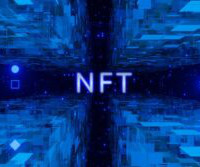IP Licensing for Business Companies & Organizations – How to Do it Right?
Kashishipr
FEBRUARY 16, 2022
Any form of Intellectual Property (IP) , be it a trademark, patent, or copyright, can be licensed to third parties. Through IP licensing, IP rights holders grant third parties the exclusive right to use their IP while retaining their ownership. Understanding the IP License. Creating the IP Licensing Agreement.












Let's personalize your content